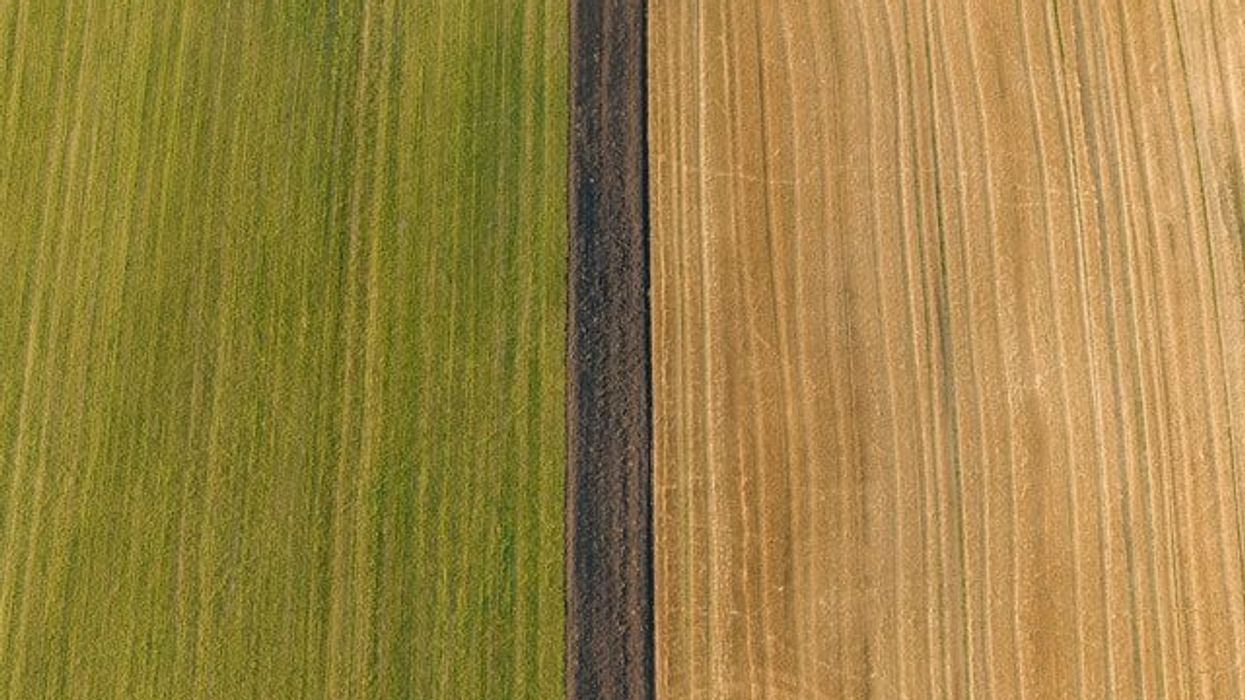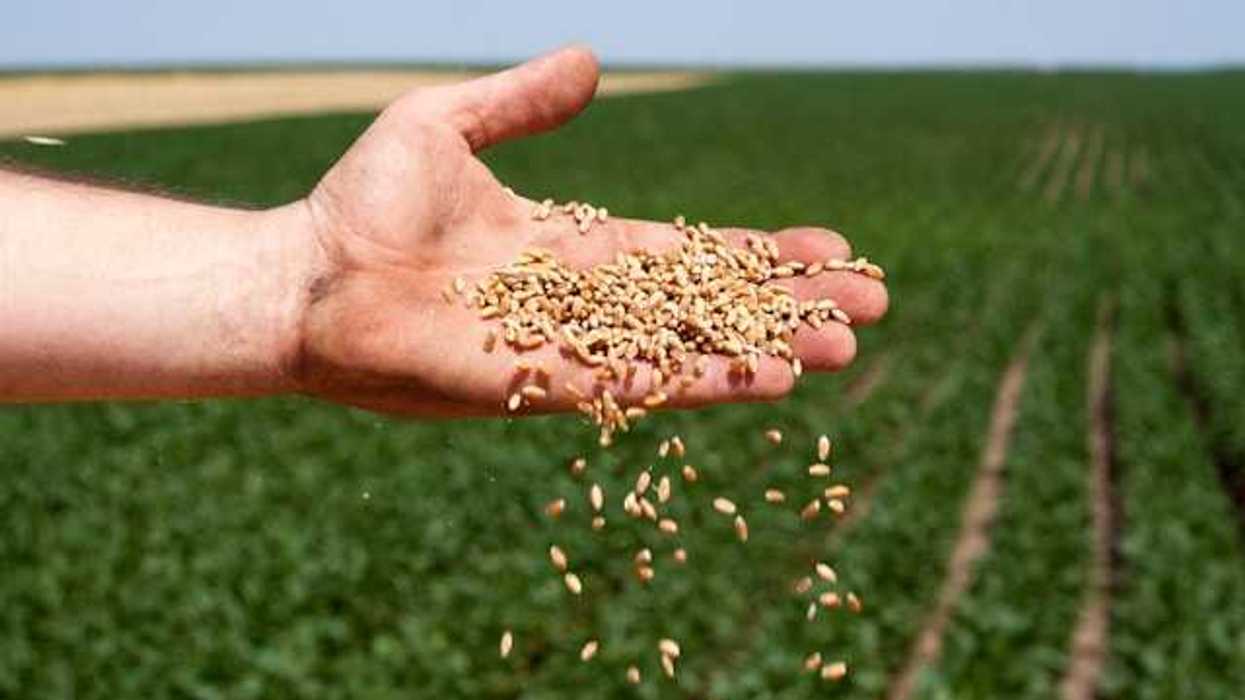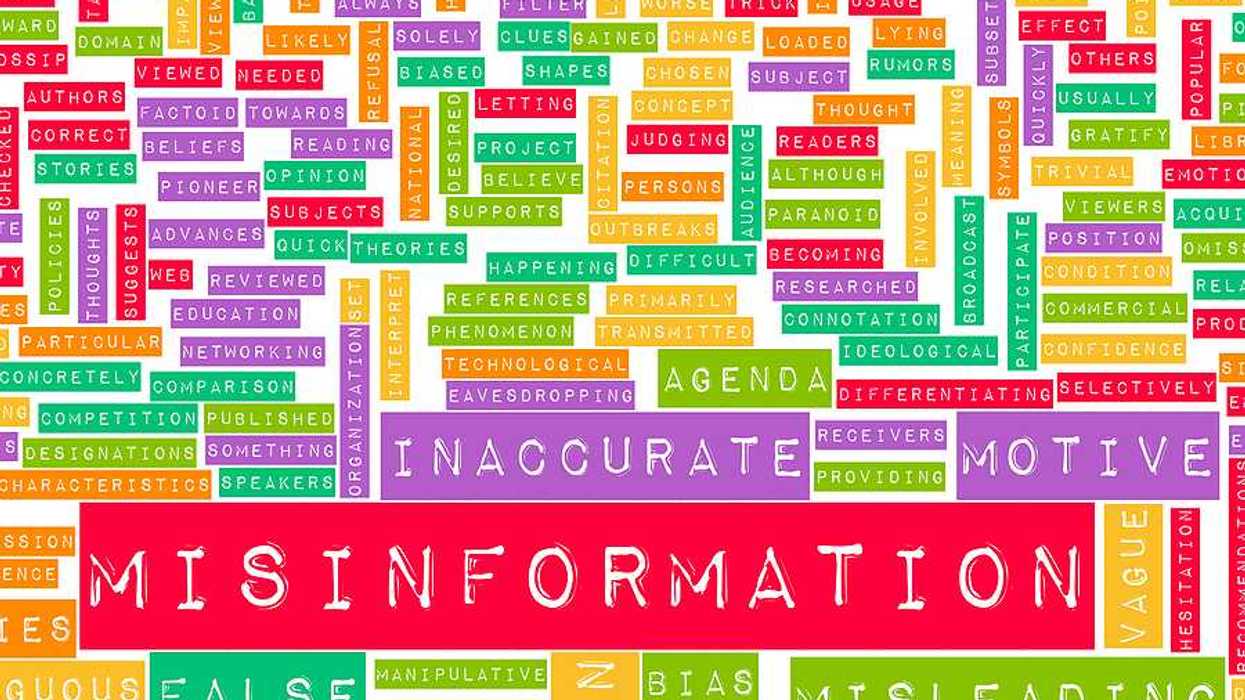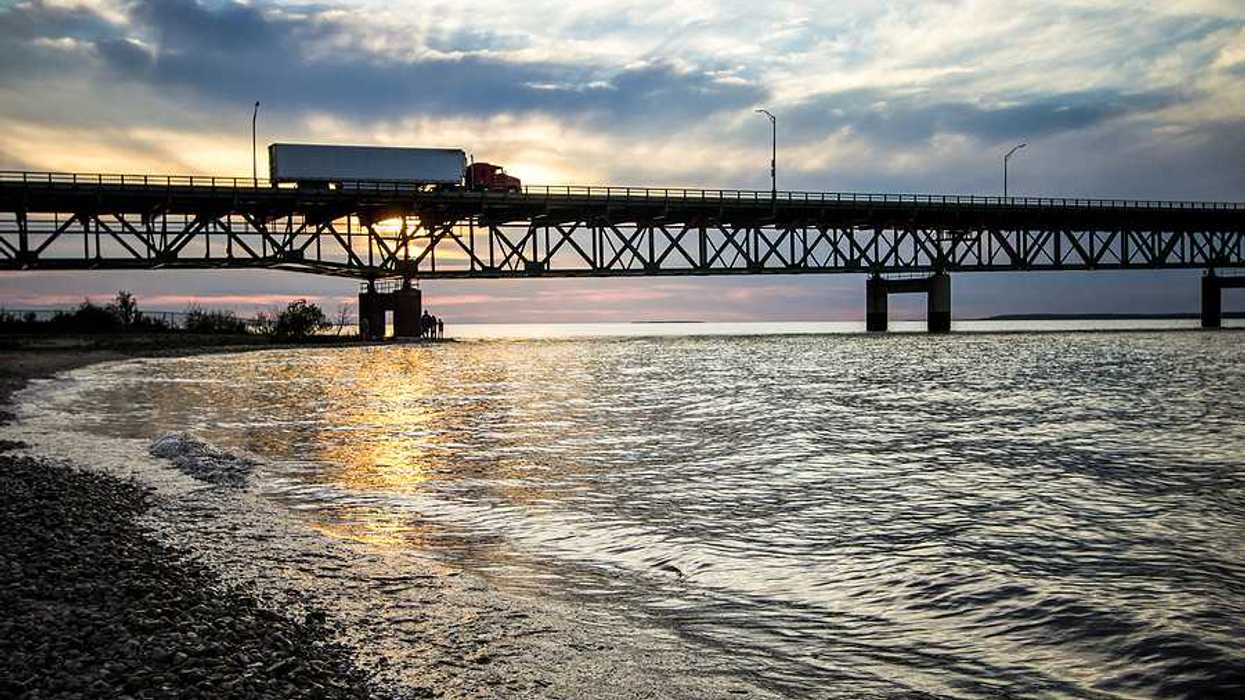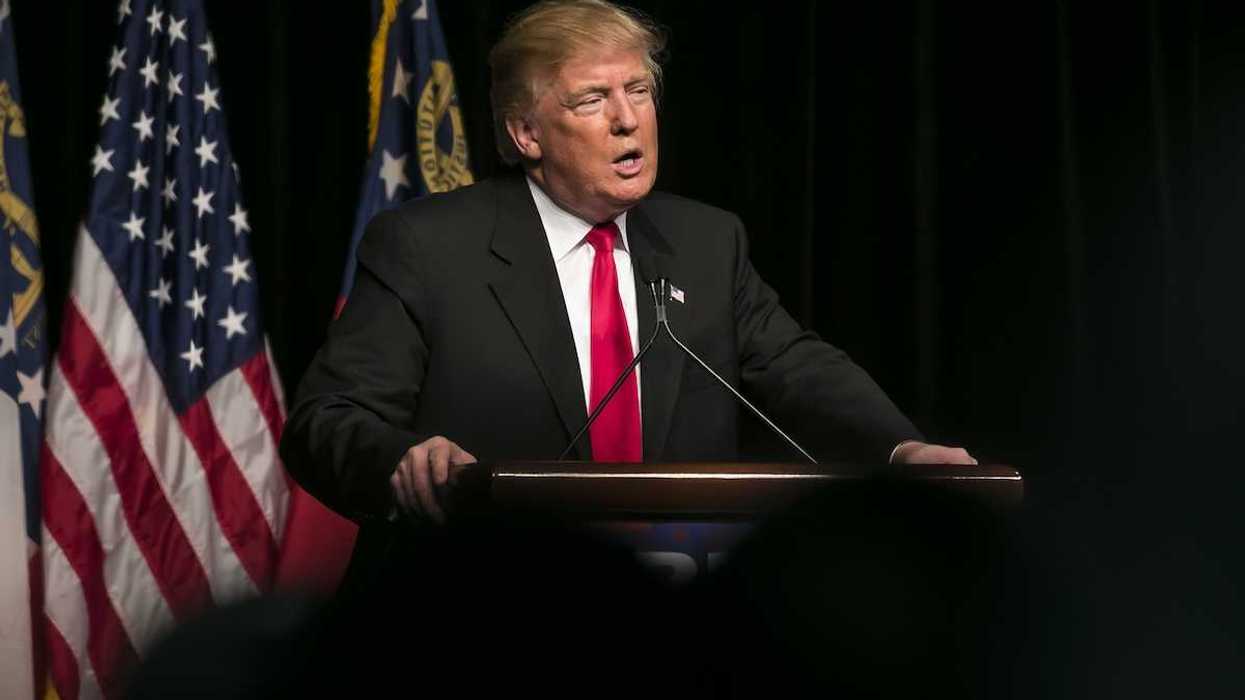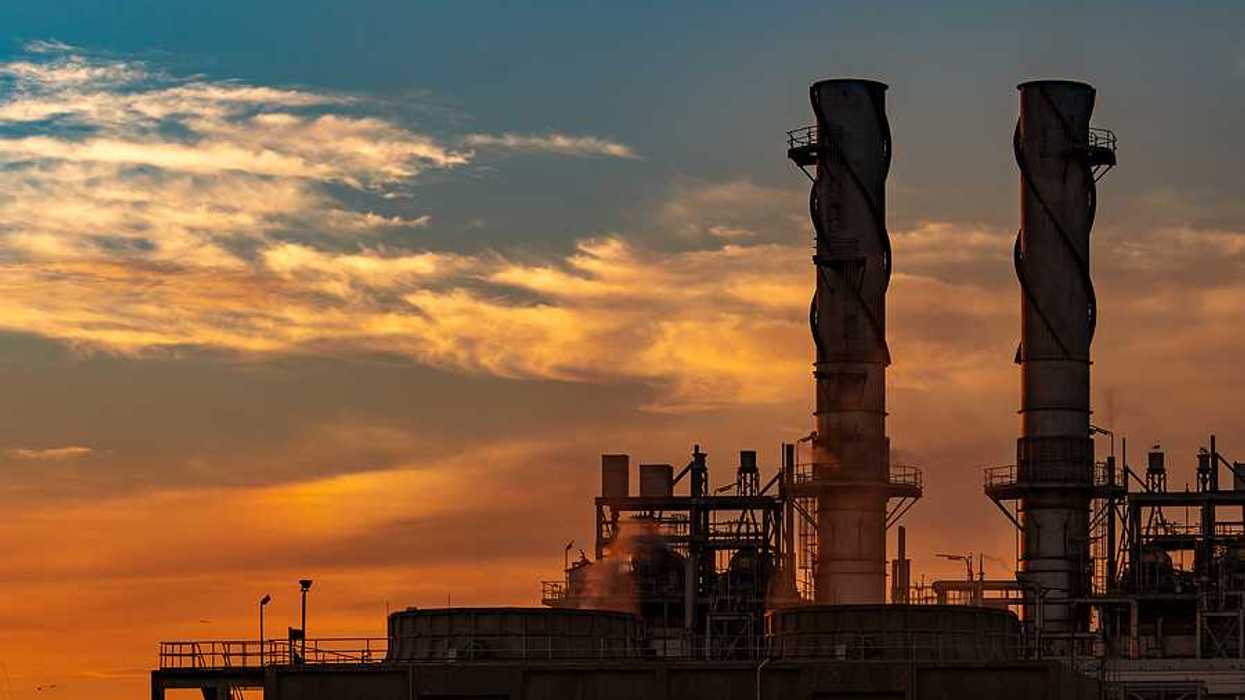A bipartisan coalition is pushing President Trump to crack down on the use of sewage sludge as farm fertilizer, citing links to PFAS contamination and severe health risks.
Tom Perkins reports for The Guardian.
In short:
- Farmers, truckers, scientists, and activists from across the political spectrum have formed an alliance to demand federal and state regulation of sewage sludge, which often contains PFAS and other harmful chemicals.
- Communities in Texas, Oklahoma, and Massachusetts report sickness among people and animals, contaminated water, and rare cancers possibly linked to sludge spread on farmland.
- Despite a draft U.S. Environmental Protection Agency assessment that could restrict sludge use, a Republican-led rider in Congress threatens to block further action by removing key funding.
Key quote:
“We can all sit down and agree that we and our children shouldn’t be fed literal poison.”
— Dana Ames, Johnson County, Texas, detective who is investigating contamination from sludge on local farms
Why this matters:
Sewage sludge, marketed as “biosolids,” is widely used on U.S. farmland for its nutrient content. But sludge also carries a hidden burden: it often contains PFAS — synthetic chemicals linked to cancer, liver damage, and birth defects. Once applied to fields, these “forever chemicals” seep into groundwater, accumulate in crops and livestock, and make their way into the food supply. Rural communities bear the brunt, but the risks ripple outward. Despite mounting evidence and lawsuits, regulation lags. Industry influence and legislative riders have so far blocked federal oversight.
Read more: A Michigan farmer's battle against PFAS contamination in agriculture

